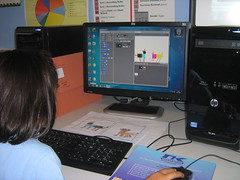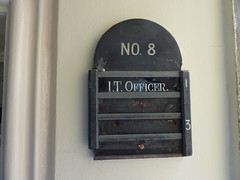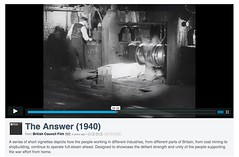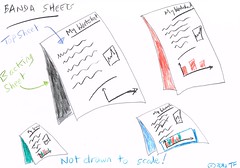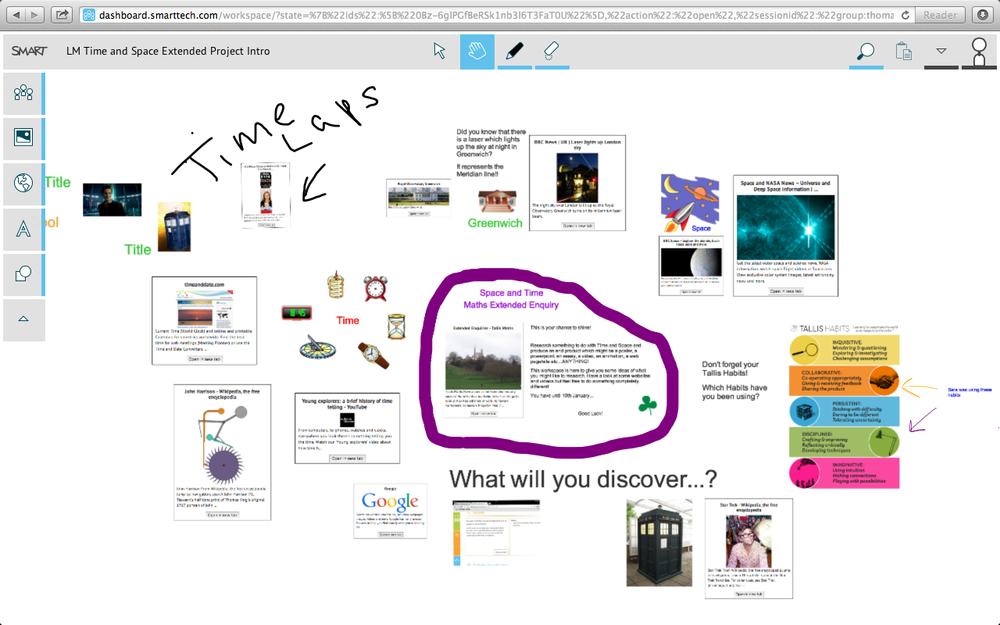This article is not about education technology or related matters as such; it's more about my experience of attitudes to paying for work. It's worth reading, I think, if any of the following applies to you:
- you're thinking of asking a consultant to do some work
- you have some students who are running a business of some kind
- you are thinking of moving into consulting yourself.




